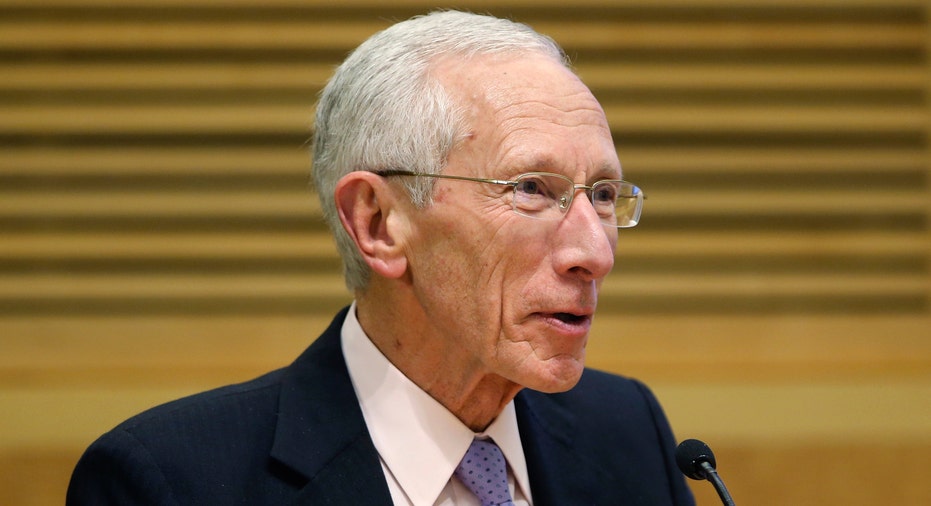Fed's Fischer: Difficult to Judge Economic Implications of Market Volatility

It isn't yet clear how recent volatility in global financial markets will affect the U.S. economy, Federal Reserve Vice Chairman Stanley Fischer said Monday. "At this point, it is difficult to judge the likely implications of this volatility. If these developments lead to a persistent tightening of financial conditions, they could signal a slowing in the global economy that could affect growth and inflation in the United States," Mr. Fischer said in remarks prepared for delivery at the Council on Foreign Relations in New York. "But we have seen similar periods of volatility in recent years that have left little permanent imprint on the economy." Mr. Fischer is the most senior Fed official to speak publicly since last week's policy meeting, when the U.S. central bank kept short-term interest rates unchanged and expressed uncertainty about the economic outlook. The Fed reiterated its expectation for a gradual process of rate increases and didn't explicitly rule out raising rates at its next policy meeting, scheduled for March 15-16. Financial markets don't expect a move, though, with federal-funds futures suggesting just a 21% probability of a March rate increase, according to CME Group. Mr. Fischer said he can't say what the Fed will do at its next meeting "because, as I have emphasized in the past, we simply do not know. The world is an uncertain place, and all monetary policymakers can really be sure of is that what will happen is often different from what we currently expect." The Fed raised its benchmark federal-funds rate in December after holding it near zero for seven years. Mr. Fischer said policy "remains accommodative" after the "small" increase, to a range of 0.25% to 0.5%, and reiterated that officials expect a gradual pace of rate increases. Policy decisions, he said, will be "data dependent." Inflation is one key consideration. Mr. Fischer said further declines in oil prices, combined with increases in the dollar's value, "suggested that inflation would likely remain low for somewhat longer than had been previously expected before moving back to" the Fed's 2% annual target. The inflation-damping effects of declining oil and import prices should dissipate once prices "stop falling and level out," he said. He said the volatility in global financial markets in early 2016 appeared to have been triggered by "increased concern about the global outlook, particularly the ongoing structural adjustments in China and the effects of the declines in the prices of oil and other commodities on commodity exporting nations." Mr. Fischer said it would be appropriate for the Fed to tolerate a "modest overshoot" of the unemployment rate below the level officials consider normal in the long run, because the jobless rate may understate slack in the labor market and because such a move would help boost U.S. inflation to 2% more quickly. The U.S. unemployment rate in December was 5%, according to the Labor Department, just above Fed officials' median estimate for its normal long-run rate of 4.9%. He also said there is "some benefit" to keeping the Fed's balance sheet larger "for a time," and added that officials plan to continue reinvestments to keep the size of the central bank's portfolio steady "until normalization of the federal funds rate is well under way." Write to Ben Leubsdorf at ben.leubsdorf@wsj.com



















